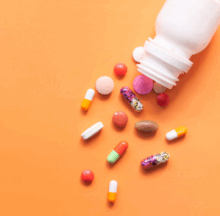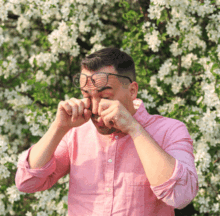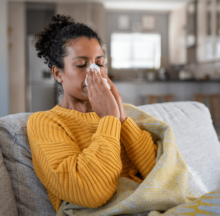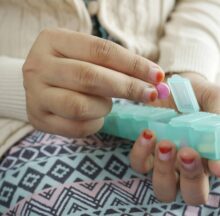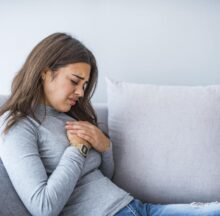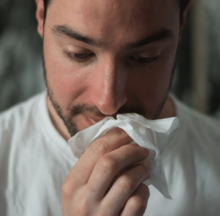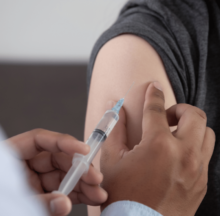Restoring Vitality with Natural Hormone Replacement for Men
Numerous changes are associated with an age-related decline in the hormone testosterone. Some men may go through a rather sudden change in testosterone levels that might correlate with the hormonal changes that women experience at menopause. However, most men have a slower and more subtle hormonal decline experiencing symptoms over a period of time. Symptoms of testosterone deficiency are often denied by the patient or attributed to other problems.
Andropause may consist of a variety of signs and symptoms, including:
- Weakness, reduced muscle mass
- Fatigue
- Disturbed sleep, insomnia
- Reduced libido
- Erectile dysfunction
- Osteoporosis
- Heart disease, atherosclerosis
- Irritability
- Low sperm counts
- Depression, anxiety
- Memory impairment
- Reduced cognitive function
Natural Testosterone Replacement is Central to the Treatment of Andropause.
When hormones are replaced or restored back to physiologic levels considered normal for younger males, men may experience a dramatic reversal of many of these changes.
On the average, a man’s testosterone levels begin to decline at a rate of 1% per year after age 40. It is estimated that 20% of men aged 60-80 years have levels below the lower limit of normal. The diagnosis of low testosterone levels (medically termed “hypogonadism”) is based on the presence of signs or symptoms and must be confirmed by laboratory testing, which should include Total testosterone, Bioavailable testosterone (Free plus Albumin Bound), Estradiol, Cholesterol, Prostate Specific Antigen (PSA), Complete Blood Count (CBC), Hemoglobin, and Hematocrit. Screening for potential risks of androgen therapy should be performed prior to the initiation of treatment. Evaluation should include a history of or potential for sleep apnea, arrhythmias, significant symptoms of benign prostatic hypertrophy (BPH) or personal or family history of prostate carcinoma, and a physical exam. Proper monitoring of laboratory values and clinical response are essential when prescribing testosterone replacement therapy.
Natural testosterone must not be confused with synthetic derivatives or “anabolic steroids,” which when used by athletes and body builders have caused disastrous effects. For example, administration of synthetic non-aromatizable androgens, like stanozolol or methyltestosterone, causes profound decreases in HDL-C (“good cholesterol”) and significant increases in LDL-C (“bad cholesterol”), and has been associated with serious heart disease. Yet, hormone replacement with testosterone, an aromatizable androgen, results in lower total cholesterol and lower LDL cholesterol levels.
Healthy Lifestyle
A healthy lifestyle has been shown to be associated with higher hormone levels, and higher hormone levels seem to induce a more active, healthier lifestyle. When hormone levels decline, people become less active and gain weight. As people gain weight, hormones are stored in fat and become unavailable to meet the body’s demands. Lack of exercise, excessive alcohol use, and many diseases can reduce bioavailable hormone levels. For optimal results, it is essential that hormone replacement therapy be combined with adequate exercise, proper nutrition, and appropriate use of natural supplements.
© Storey Marketing. All rights reserved.

